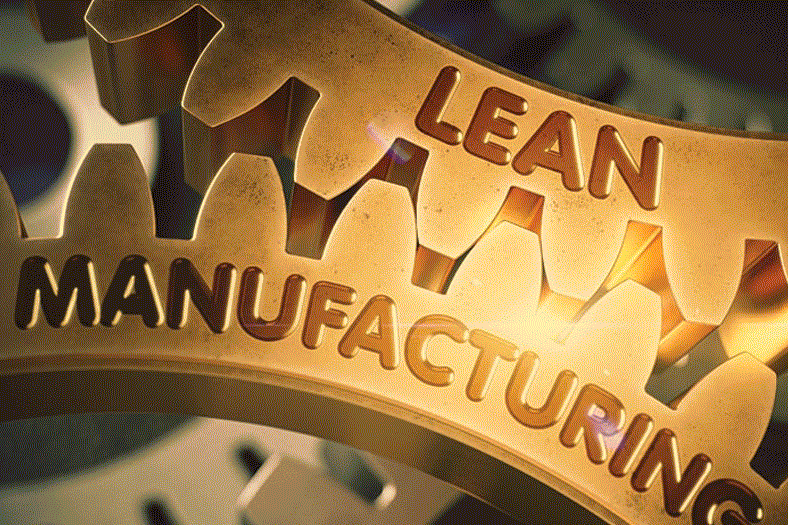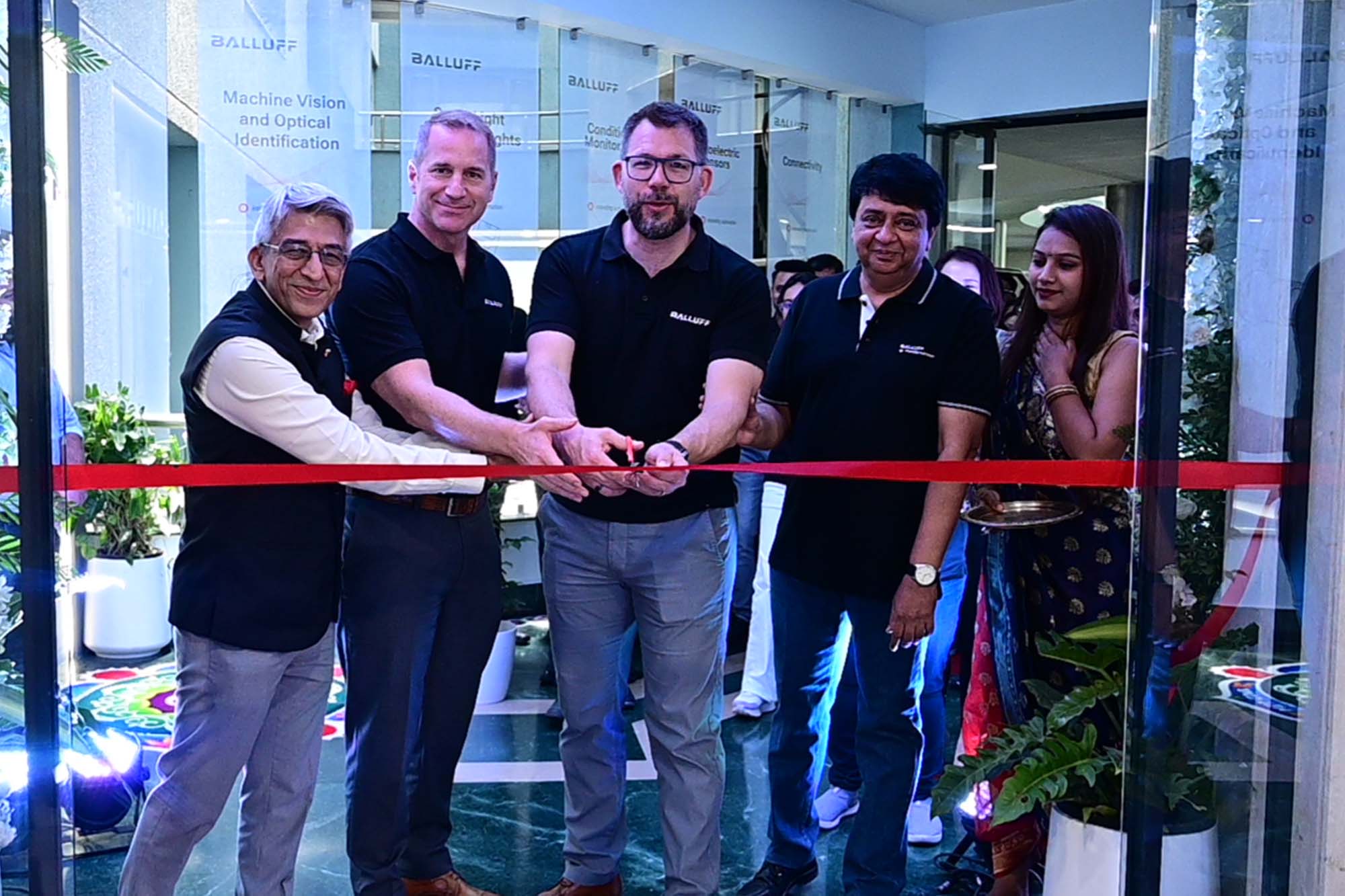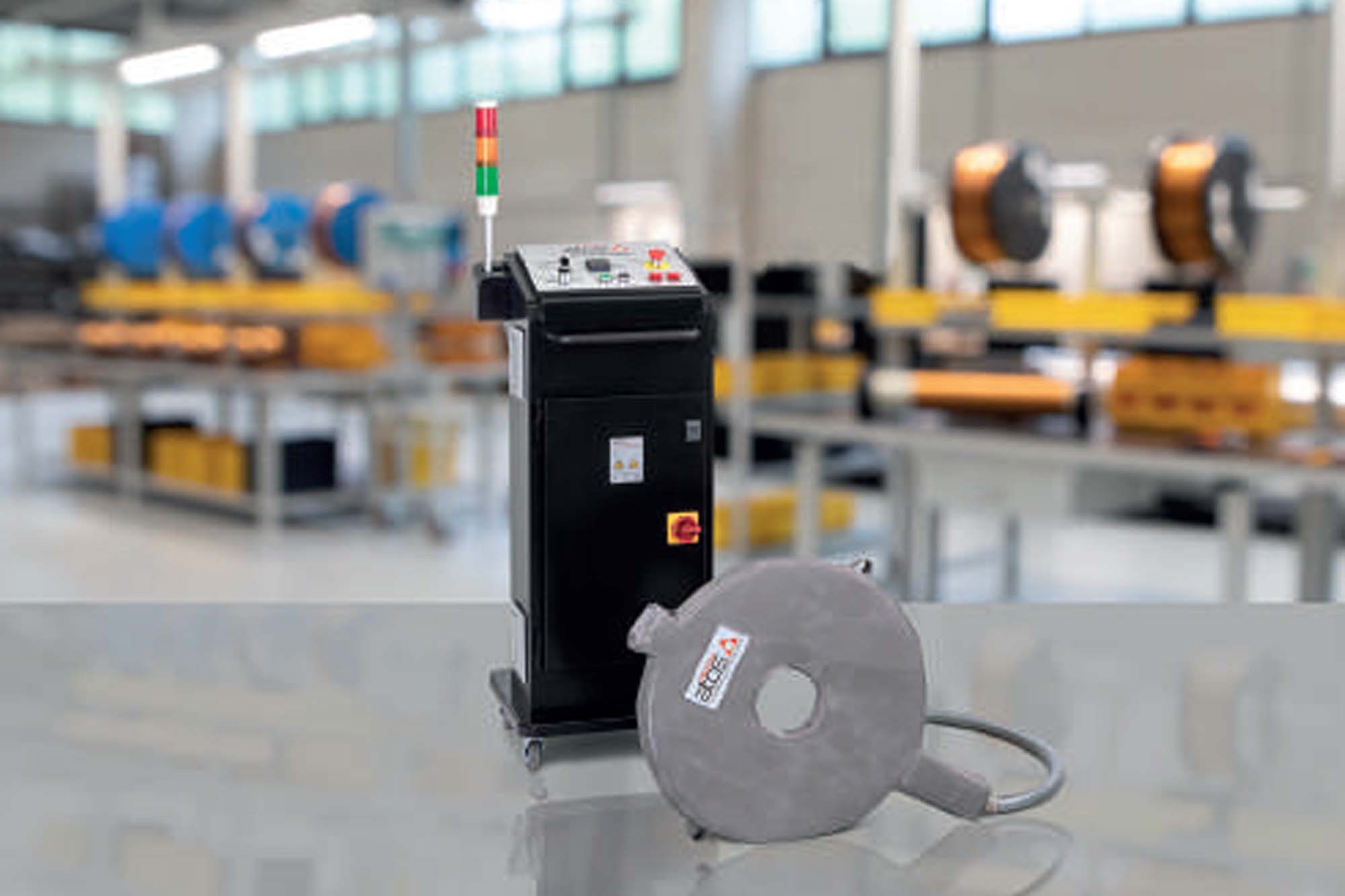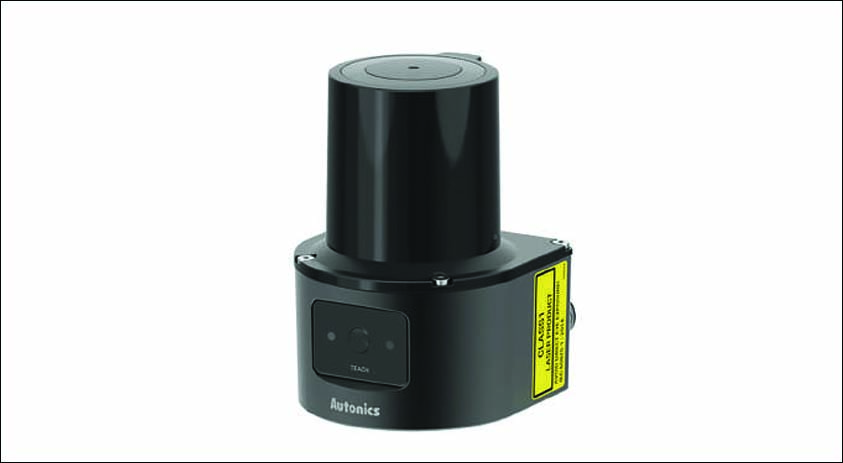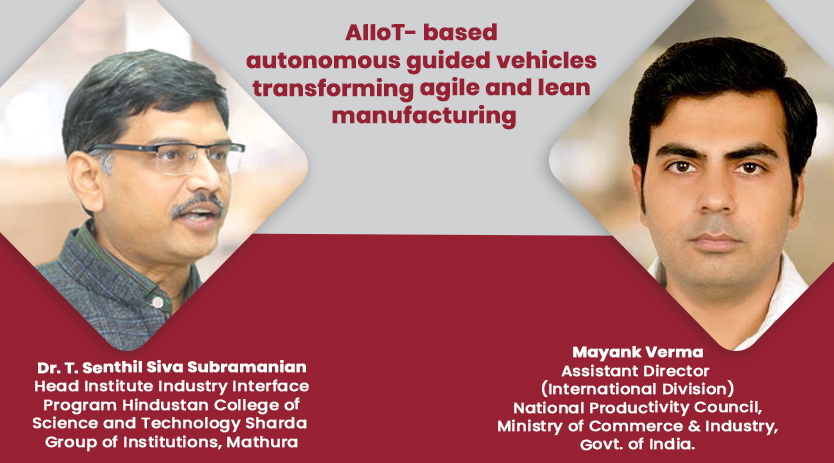Lean manufacturing: A tool for operational success
By OEM Update Editorial June 16, 2020 1:09 pm IST
Profitability and sustainability are some of the biggest issues companies are tackling today, especially amidst the COVID-19 pandemic. Lean manufacturing being the way forward, here is a handy checklist of how businesses can adopt lean manufacturing into their existing systems and position them for long-term market success.
Lean manufacturing can be integrated into businesses to improve their profitability by reducing waste generated from operations. However, as there are also challenges that must be addressed to achieve this goal, a comprehensive checklist can guide manufacturing companies to adopt this concept in a better way.
Realistic time
Compressing any manufacturing process is something that can’t be processed overnight; it requires time to manage and get things done rightly. It’s important that you are committed towards making your processes lean and that you have everyone involved in the processes work together. The actual amount of time required greatly depends on the number of problem areas a business is facing. The length of time can be reduced with the correct resources, the right systems, designated targets, adequate training, and cooperation across all departments.
Proper resources
Without the right materials or resources, a manufacturer cannot make a product, and lean manufacturing cannot be achieved. Resources include Six Sigma or Kaizen training, software and IT systems, and a budget to identify and embrace process improvement. With regards to the software systems, there are many to choose from, each playing a different role. Enterprise Resource Planning (ERP) is a management software ideally suited for keeping a record of production as it relates to financial tracking, with individual applications that can be integrated to meet an industry’s needs. Manufacturing facilities can benefit greatly from Manufacturing Resource Planning (MRP) and Supply Chain Management (SCM) systems. The variety of solutions is vast and ERP is no longer just for larger enterprises. Manufacturing Execution Systems (MESs) are designed to collect information from the factory to gain insights into operational performance and quality management. This program can also be integrated into an ERP solution.
Correct targets to achieve
Too often, time is lost by focusing on the wrong targets. Companies must be able to look at the entire manufacturing process, right from initial order to product delivery, to identify each individual area that is impeding progress. If communication between departments presents an issue, the problem must be corrected. If communication is not an obstacle, the area can be marked as a function to watch. Many manufacturers will find key areas in inventory, engineering, and quality. Once a section of production has been identified, the cause of the failure needs to be analysed. If duplicate or wrong materials are being purchased, the inventory control system must be updated. These issues require an in-depth evaluation. An inventory issue could be coming from outdated bills of materials or from old engineering designs being used for parts orders. Rework or production that does not pass quality control is an expensive (and avoidable) cost of manufacturing. The company must determine where the quality is failing, which involves looking at each step of their production process. The problem may not be in the materials used or the skill of the production workers; the problem could be coming from machinery that is out of calibration.
Resistance of lack of knowledge
Lack of knowledge and understanding of lean manufacturing and ways to achieve the desired target is one of the biggest challenges to progress. Lean manufacturing is the elimination of waste in all production areas including production, material flows, quality, delivery, and costs. From Just-in-Time systems to reduce inventory to the efficient use of energy, all aspects of production can be improved. In fact, so too can the management as well. Managers often present an obstacle in improving the production flow. This may be unconscious or conscious resistance. Many individuals in middle management positions do not want to release control over operations and may even fear to lose their positions. Production workers too can present several obstacles.
A large portion of lean manufacturing is more production in less time with the same or enhanced quality. Employees can be resistant to change and feel that lean manufacturing will require them to work harder. This issue must be addressed by showing workers that the benefit is in streamlined production that is designed to make the work easier. Without adequate training, employees cannot be expected to manufacture more products while retaining the desired quality level. An investment in training goes a long way toward increasing production and reducing the workload to decrease the resistance.
Continuous follow-up
Once your company begins to see the results of a lean manufacturing programme, you must continuously monitor the effectiveness. Backsliding into old habits will occur if no one is paying attention. Lean manufacturing is not a one-and-done function. Kaizen is directed toward waste elimination and continuous improvement — with the key it must be continuous.
Lean success is dependent on the following three criteria to be satisfied:
Authored by: Kiran S Bhokare
Sr. CATIA and 3D Exp Solution Engineer
VIAS INDIA Pvt Ltd
Email id: info@viascorp.com,
Contact number: +91 9860970927
Cookie Consent
We use cookies to personalize your experience. By continuing to visit this website you agree to our Terms & Conditions, Privacy Policy and Cookie Policy.




